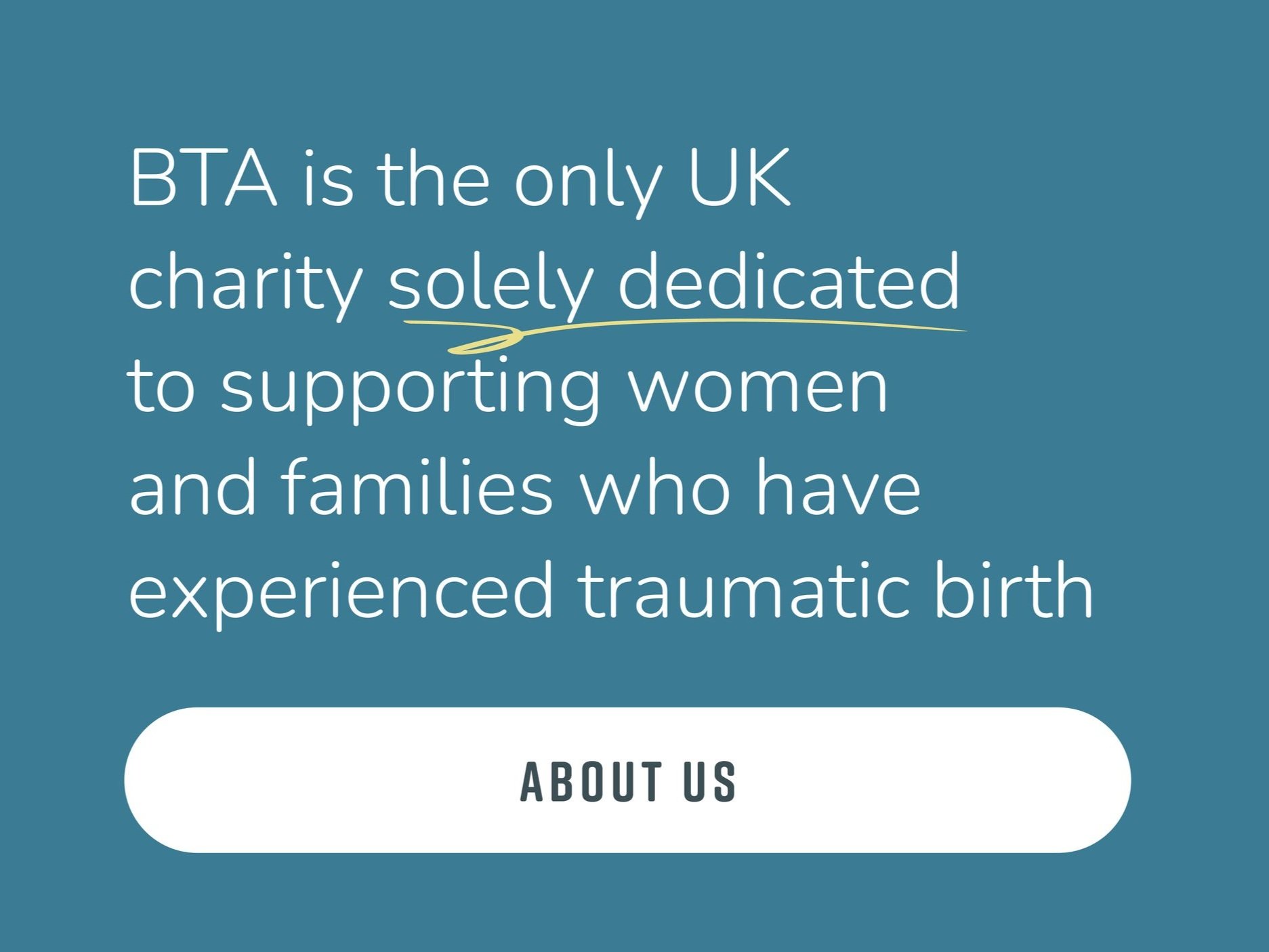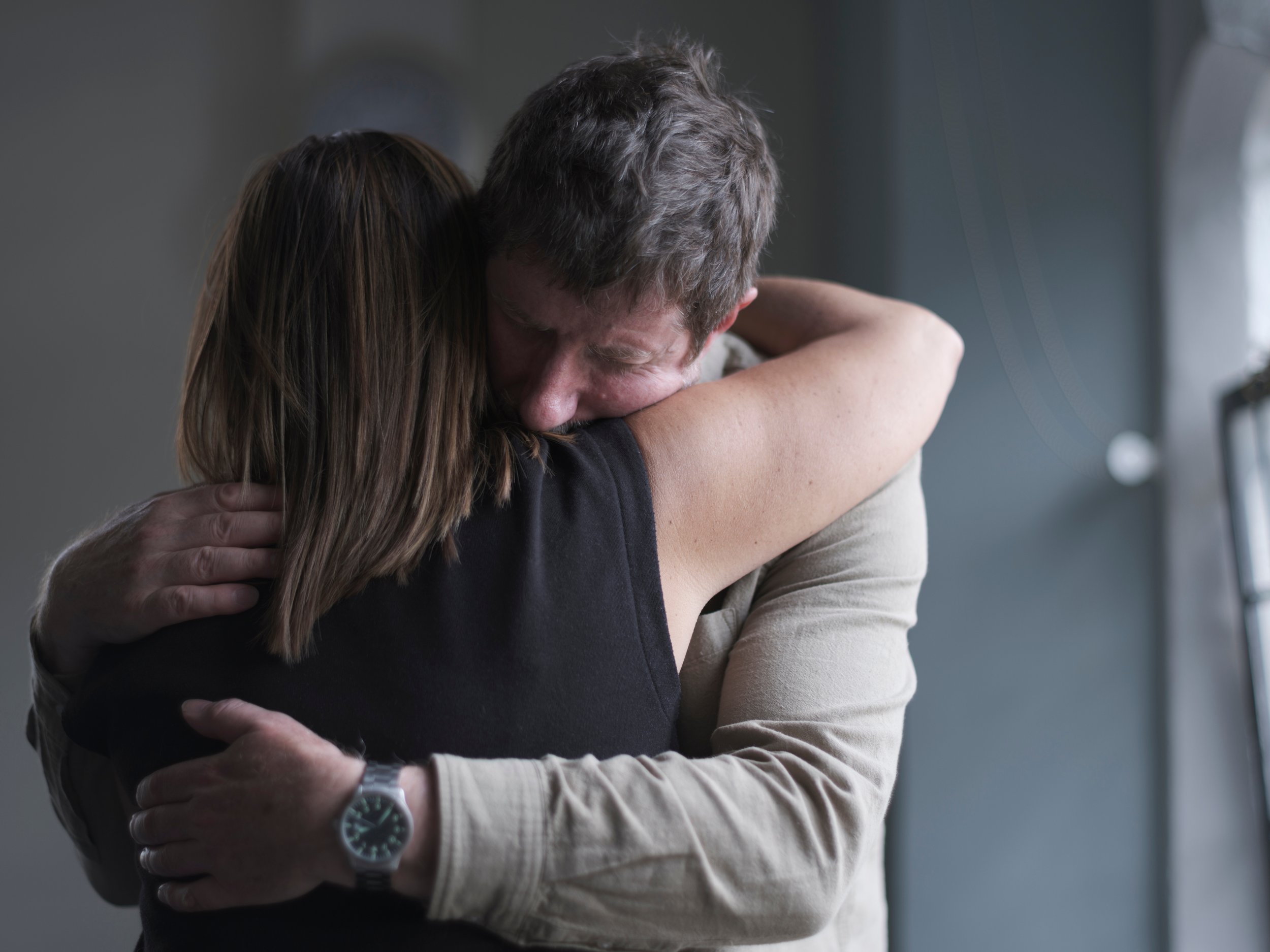Understanding and supporting maternity needs in the Charedi community
The Charedi community of Orthodox Jews numbers nearly 40,000, but they are often left out of conversations about maternity and inequality. Sarah Weiss of the Interlink Foundation explains why the charity’s work to make maternity services more responsive to the needs of the Charedi community has improved maternal outcomes more widely
The Charedi (Orthodox Jewish) community is one of the fastest-growing populations in the UK, with a strong presence in North Hackney and Haringey. Numbering close to 40,000, more than half of this community is under the age of 16, and the population continues to grow rapidly—by around 4.6% each year.
Charedi families live in accordance with a deeply-rooted faith and a distinctive cultural framework. Their lives are supported by a rich network of community infrastructure, including faith-based schools, welfare organisations, and communication channels that are unique to the community. While Charedi women access mainstream maternity services and hospital settings, they often face challenges engaging with wider wraparound services due to cultural distance and differing social norms.
Unique maternity needs
One of the most pressing health needs in the community is related to maternity. The average fertility rate among Charedi women is around 7.1 children per woman, compared to 1.75 in the general UK population. This results in over 1,300 births per year in Hackney and Haringey alone. Unsurprisingly, maternity care, child health, and postnatal wellbeing are among the community’s highest health priorities.
In response to this, a network of culturally sensitive maternity services has emerged within the community. These include advocacy support, parentcraft classes, doula care, and postnatal respite services—all tailored to the traditions and ethos of the Charedi community. Services are typically gender-specific and delivered in a way that aligns with community values.
Interlink’s role in maternity care
At Interlink, we work closely with both the community and mainstream services to bridge gaps and ensure maternity care is accessible and respectful. We’ve convened a Maternity Services Group, bringing together local hospitals, commissioners, and community organisations. This forum provides a vital space to share good practice, raise concerns, and co-create solutions that benefit not just the Charedi community, but the wider population as well. For example, in 2018/19/20 we had an ongoing focus and mini research on patients’ compliance with blood-thinning drugs postpartum. This created a much wider awareness and the knock-on effect was that staff were briefed and there was a broad focus on patient demonstration on safe and consistent administration, in line with NICE guidance changes which led to many more patients being discharged with the drug.
Thanks to the size and structure of the community, we are often able to provide real-time insight and feedback on how well services are performing. This intelligence has helped inform NHS partners and has led to tangible improvements in service delivery and cultural understanding.
We’ve also piloted small research projects and initiatives that have helped shape both local and strategic maternity policy. Often, the issues we surface—such as communication challenges, respectful care, and postnatal support—are relevant across communities, allowing our work to have a broader impact.
Effective, culturally-sensitive communication
Standard engagement and communications approaches often don’t reach the Charedi community. Interlink plays a crucial role in making sure health messages are culturally appropriate and resonate with the community. We advise on language, tone, media channels, and trusted messengers—elements essential to building trust and uptake.
Whether it’s around emerging health issues, vaccination, or maternity initiatives, our role is to bridge the cultural gap. By doing so, we help reduce resistance and improve outcomes. We also ensure that public health messages are framed positively and respectfully, avoiding stigma and encouraging community participation.
A proven model ready to share
Our work in this space has been built over years of partnership, dialogue, and mutual trust. It has led to tangible improvements in maternity outcomes and is increasingly recognised by public health professionals and NHS partners.
The Charedi community tends to be under-represented in policy conversations, and was not included in last year’s All-Party Parliamentary Group (APPG) report on birth trauma. We believe our collaborative, culturally competent model could be a valuable contribution to future policy development, and we’ve reached out to the Birth Trauma Association to offer our insights and support.
Positive outcomes for all
As maternity services across the UK continue to evolve, it’s essential to include diverse community voices. The Charedi community represents a significant and growing population whose needs, when addressed with sensitivity and respect, can lead to positive outcomes for all.
We remain committed to advocating for culturally competent care, ensuring that every mother—regardless of background—receives the support she needs.







